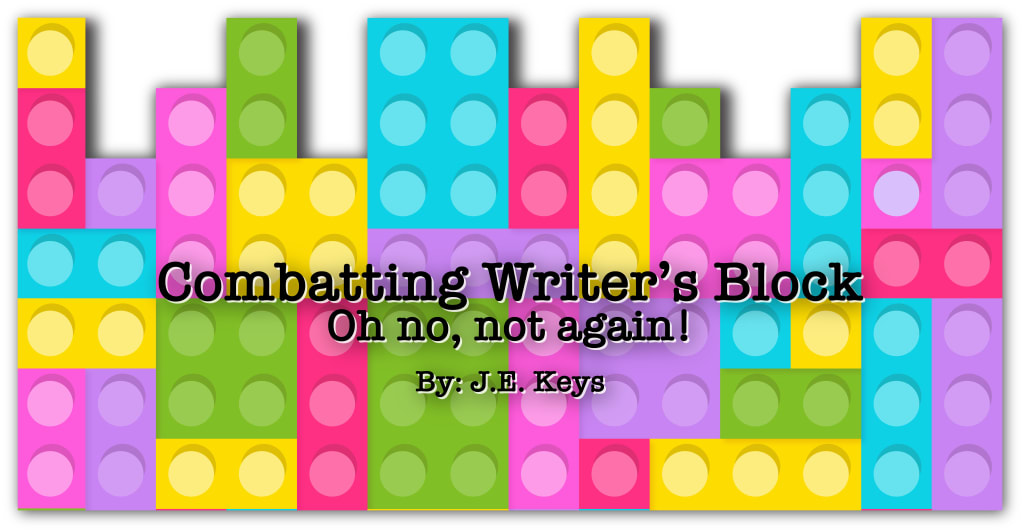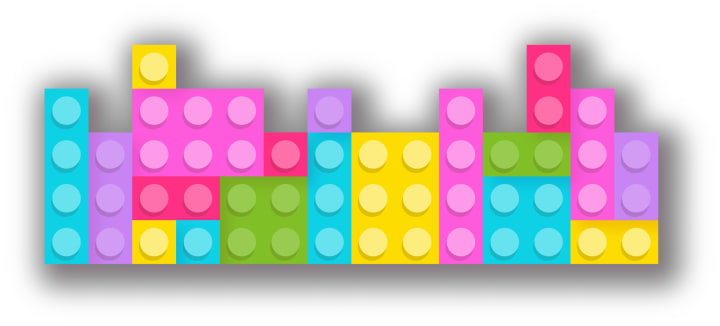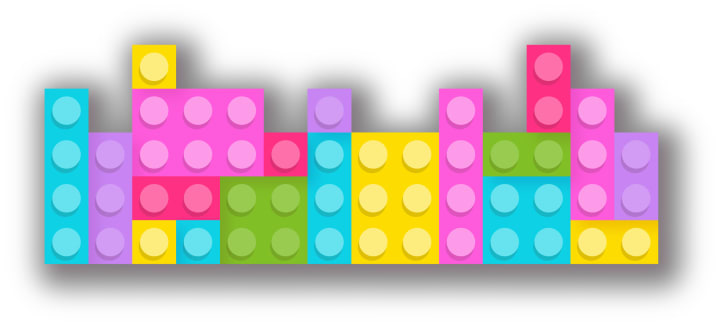
Writers will undoubtedly face writer’s block during their creative process and career. And it’s the worst. Writer’s block can leave us feeling trapped, drained, and just overall burnt out from the craft. Totally understandable. Wanting to create, but not having the direction, ideas, or a general barrier between you and your art is a horrible feeling. If that’s you right now, or if you relate, you are not alone. Writer’s block can stem from dozens of different places and it isn’t always just about the writing. Sometimes when we don’t feel good, we don’t feel up to writing. Similar to other tasks, writing costs us energy, and when we’re low on energy, it can be a colossal task. Other times, it may be because we’re afraid of something, often rejection, or imposter syndrome. Like it or not, our health plays a role in our ability and enjoyment of writing. And of course, writer’s block can also stem from a lack of direction or planning with the story, or overall creative inspiration or motivation. It’s almost like writer’s block can come from anywhere. Ugh.
So, here’s seven tips to help you combat writer’s block. These have been tried and tested. By me. A lot. Some of them might also work for you!

Tip #1 - Check in with yourself. Ask yourself: How are you doing?
Talking to yourself may appear insane, but being honest with yourself about how you feel is important. Ask yourself how are you doing, and answer honestly. If you feel exhausted, resting might be a better use of your time than trying to force yourself to write. You are important. Yes, as important as your story if not more, and there is nothing wrong with taking time off to take care of yourself.
If you’re dealing with something more chronic (like me), consider ways you can make writing more comfortable, and easier to accomplish. For instance, I actually do most of my story writing on my phone so I have the freedom to write literally anywhere.

Tip #2 - Deal with the emotional baggage. Who are you writing this for?
The easiest way to get down on your writing is worrying about how other people will receive it. The fear of rejection is strong. It is so strong; it breeds a whole new issue. Imposter syndrome. Where you’re a writer, but for whatever reason, you don’t feel like one. Both are real, and both will suck the life right out of you. Here is some hard truth: Not everyone will like your book. That is okay. Everyone has different tastes, but you will find your audience. Next. You are a writer. Whether you’ve published, whether someone has read anything you’ve written. If you write. You are a writer. Period.

Alright. So. You’re feeling good. You’re writing for yourself. Writer Supreme. But you’re still stuck?
Tip #3 - Do something else. Something different, like a physical activity.
Staring at an empty writing space will not make the words come. That’s just not how this works. Get up and go do something else. Physical activities work best. For me, I play with my cat. She enjoys it, takes about ten to fifteen minutes, and when we’re done my head feels much clearer. If you don’t have a pet, or your pet isn’t one to play for that long, try taking a shower, or doing the dishes, or folding the laundry. Something that takes a short amount of time to clear your head.

Tip #4 - Dial-in where you are getting stuck. More honesty and hard questions.
Often when I find myself stuck on my writing it’s because I’m facing a problem with my story I’m not wanting to deal with. When you ask yourself to point out the part that’s keeping you from writing, you can focus on working on that one issue. For me, this usually stems from two things. A lack of direction, and a lack of details. For a lack of direction, I pull out my chapter outline and try to figure out what about this isn’t working for me. For lack of details, it’s time to research, work on worldbuilding, and character development. Write the problems you come up with on paper and then work to find those solutions.

Tip #5 - Go looking for inspiration. It’s out there if you can find it.
One good tip most writers will say is to do something that gets you in the mood for writing. For some, that’s listening to music that makes them think about their story or characters. For me, I’ll go look for stock graphics that make me think about my world or my characters. Some of the prominent writers went people-watching in malls, stores, or cafes. (That might be difficult during the 2020 decade when I’m writing this, but I’m leaving it here because this won’t last forever.)

Tip #6 - Free write. Or, as my English teacher liked to call it, word vomit!
My old English teacher was also the creative writing teacher at my school, and she used to start every class off with what she would call a Word Vomit. And it was a fifteen-minute window where we just put pen to paper. There were no rules, and no expectations other than to keep the writing utensil moving during the entire duration. The sheer act of marking words onto paper will inherently force something to come out and hopefully give some fuel to your creativity.

Tip #7 - Establish a writing process and goals. Then, stick to them!
This tip may be more of a preventative measure than a tip to break you out of writer’s block, but isn’t preventing writer’s block a surefire way to not have to break yourself out of it? Establishing a writing process, and goals are both good ways to keep yourself motivated to work on your story. One good way to establish a writing process is to pick a consistent time, and a word count goal to achieve every day. Me? I strive to write 500 words every day, and I set time aside during the evenings to complete this. Roughly, this takes me an hour to hit 500 words. Before I sit down to write those 500 words, I make sure I’ve got my outline and notes handy too. The combination of the consistency and a bite-sized chunk to complete makes keeping up with writing easy.

Writer’s block is terrible, but it’s something all writers will go through at one point. Instead of letting it make you feel trapped and drained creatively, remember these tips and send it on its way. And. Please remember to take care of yourself.
Looking for more?
Hello Wordies! My name is J.E. Keys. I write space adventures, post writing advice articles, shorties, example outlines, and spend way too much time talking about words!
I also host a daily vocabulary series, Words365, where we define an uncommon word every day!
I post new articles and short stories all the time!
Be sure to follow me on social media to get all the updates.
You can find all my profiles here: jekeys.com/connect
And if you want to explore my backlist of publications, you can find links to them all here: Author Library

About the Creator
J.E. Keys
I write space adventures and spend way too much time talking about words. Writing is a hobby for me. I’ve been crafting stories, dreaming up worlds, & making characters for so long I decided to share what I have created with the world.






Comments
There are no comments for this story
Be the first to respond and start the conversation.